Winter sports in the heart of the city
When snow falls in Munich, you don’t need to travel far to enjoy some winter sports – cross-country skiing, sledding, curling and ice skating are all possible in the city.
Cross-country skiing (also called Nordic skiing) can offer an exciting new challenge for experienced downhill skiers. But it’s also accessible to those who have never donned a ski in their life.
Cross-country equipment can be rented at the German Alpine Club (DAV) or otherwise at equipment rental stores like Sportgeschäft.
Paths along the sides of the Isar River are easily accessible and offer long, flat and scenic trails for beginning cross-country skiers to try out their stride. The Ostpark, Pasing, Reimer Park, Schlosspark Nymphenburg and Westpark are also ideal cross-country locations.
For sledding, simply buy or borrow a sled and head to a snow covered slope. Olympiaberg, Maximiliansanlagen, Monopteros, Neuhofener Berg, Rodelhang Teufelsberg, Theresienwiese, and Westpark are all officially recognised as sledding hills by the city.
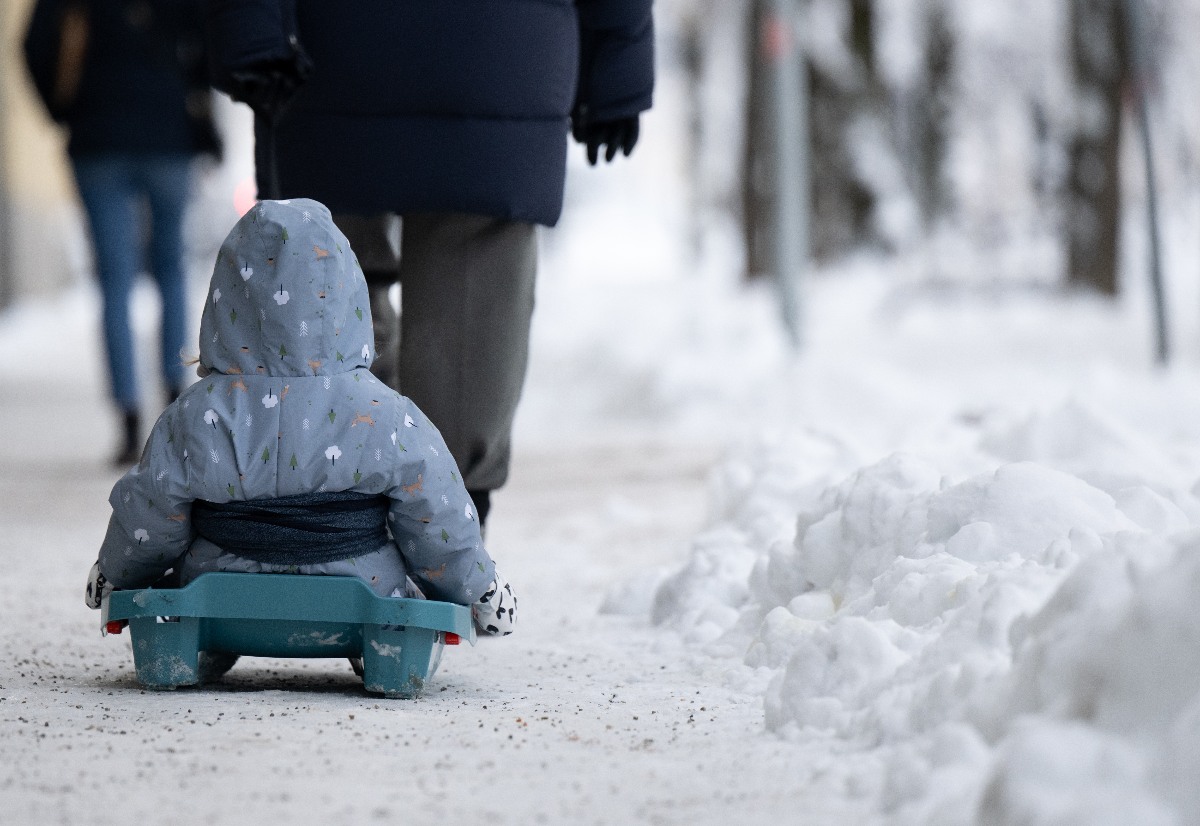
When temperatures get really cold over a long period of time, water in the iconic Nymphenburg Canal freezes over, making for a picturesque outdoor ice skating rink. But make sure it’s safe to tread the ice first. Curling is also practiced here, and the surrounding area is a beautiful place to walk around with a bit of snow and frost on the ground.
If it’s not quite cold enough for the canal to freeze over (or if you have any doubts about safety), indoor ice skating is also available at Prinzregentenstadion.
Ice bathing in the Isar
Those who really want to embrace the chill of winter can consider a quick dip in the Isar River. Cold water bathing, or polar plunges, have gained popularity recently with advocates suggesting the habit is linked to numerous physical and mental health benefits.
In Munich, the Isar River offers a bountiful supply of fresh water that’s known to be exceptionally cold, even in the warmer months. Hence the river’s other name, the Eisbach (ice brook).
READ ALSO: Ice bathing – is it worth taking a cold plunge in Germany?
A local group, called Munich Hot Springs, meets every Sunday at 11am to brave the chilly waters of the Eisbach together.
Elevate your body temperature in a hot spring pool or sauna
After a long day of winter sports or cold exposure, there is nothing more relaxing than a nice long soak in hot water.
Soaking in pools of natural hot spring water, called Thermen, is a favourite German winter activity. Therme or spa facilities typically include a number of pools at different temperatures as well as a collection of saunas and steam rooms.

Munich and surrounding Bavaria aren’t particularly well-known for their hot springs. But with a handful of natural hot spring baths nearby, perhaps they should be.
A number of saunas are found within and just beyond Munich’s city-limits.
Just outside of the city, Therme Erding claims to be the largest thermal spa in the world. In addition to 40 pools and 35 sauna and steam baths, the complex also has water slides and a wave pool surrounded by palm trees.
Further away from Munich, Northern Bavaria and Franconia also have a number of hot springs. Obermain Therme in Bad Staffelstein has super salty pools, called Thermen Meer, where one can experience buoyancy comparable to that felt in the Dead Sea. Franken-Therme, located between Nuremberg and Würzburg offers a particularly nice collection of saunas.
READ ALSO: What you need to know about Germany’s sauna’s culture
Take a walk through the winter wonderland
For a more laid back and thrifty winter excursion, just go out for a walk.
A number of river gorges in the areas surrounding Munich make for great day hikes, and remain open through the winter months. Additionally nearby landmarks like the Schloss Neuschwanstein or Tegernsee are worth a trip – and everything looks a little more beautiful when it’s covered in a bit of fresh covered snow.
Or consider a walk through the botanical garden, which is next to the Schloss Nymphenburg. One advantage here is the tropical greenhouses, offering a place of refuge from the cold and a moment to feel as if you’ve escaped the German winter altogether.

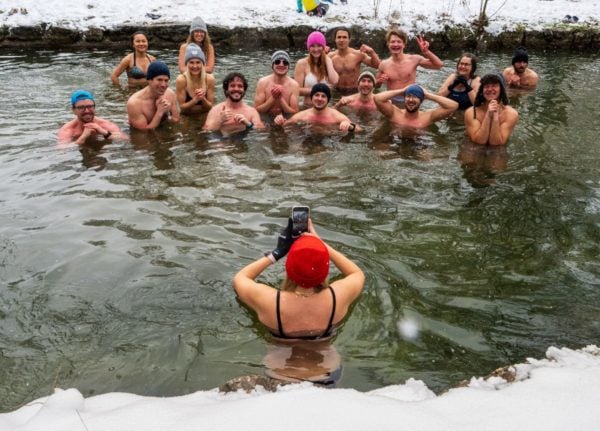
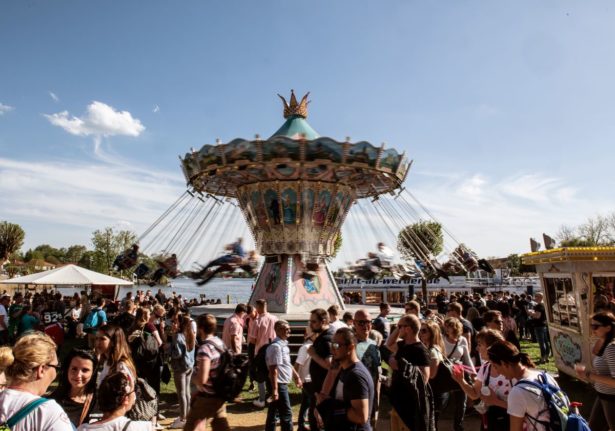
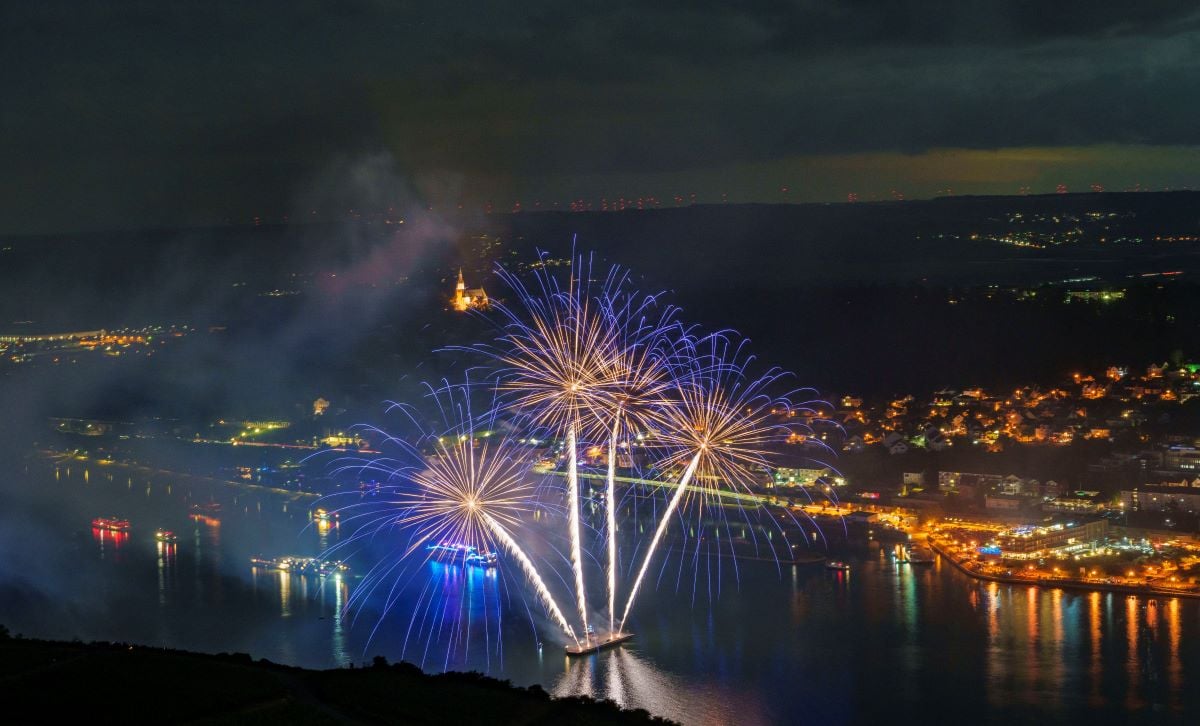
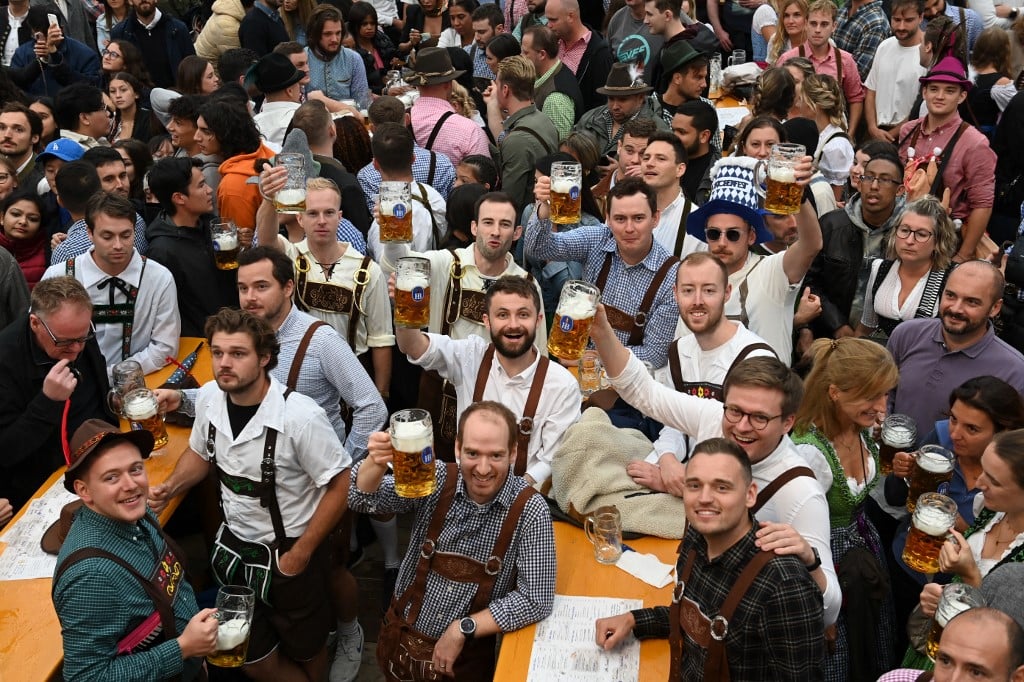
 Please whitelist us to continue reading.
Please whitelist us to continue reading.
Member comments